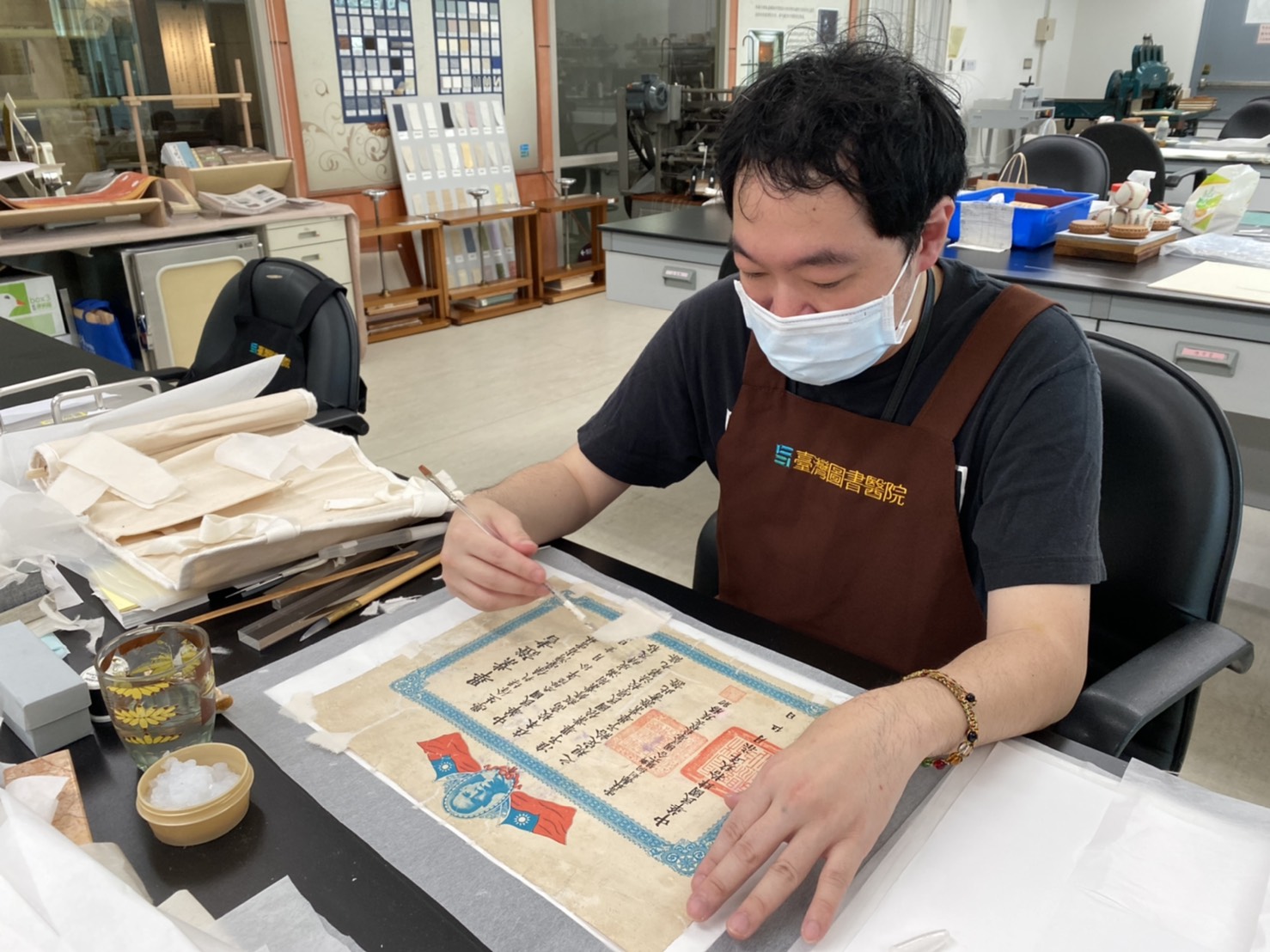By Jasmine Casey Lee(李可心)
Days are getting shorter, weather is getting cooler, and our nature is taking the transition from the heat of summer to the cooler, windier days of autumn. In Eastern medical tradition, autumn is regarded as a period to pull our energy inward to prepare for winter.

According to Dr. Lin Wei-Huang(林偉鴻), a registered clinical otolaryngologist with over 20 years of experience, coughing is the most common symptom in autumn. Some of the patients may even suffer more than a month. However, most of the people have a huge misunderstanding of their illness, he said.“Many people consider symptoms such as coughing, sneezing and running noses as recurrent seasonal allergies, therefore often do not pay much attention to them. But little do they know that they actually missed a chance to get rid of those ‘annual devils.’”

Since temperature varies much from day to night in autumn, it is necessary to keep yourself warm. In Taiwan, people often put clothes to cover up their belly; however, the most important body part to keep warm is not the belly. Instead, it is the socket below your neck, and between two collarbones. And the second most important part is knees.
“Most of the allergic cases were all about keeping warm. In the real allergic cases, patients’ nasal mucous membrane will turn white, and their snivel will be transparent. In addition, the best way to prevent sickness is to understand your own body; therefore it is best to take the blood testing for allergies. In this way one would quickly discover what exactly is allergic to oneself and to stay away from it, ” said Dr. Lin.

Moreover, with the intensity of rain increased, infection of enterovirus grows fast in autumn, especially for rotavirus. Hence, Dr. Lin suggested people to keep distant from high humidity area, and maintain the indoor humidity between 60~70%, which is the most ideal humidity for humans.
Dr. Lin also advised people not to eat white toast when infected with enterovirus. Many people consider white toast as an ‘okay food’ for enterovirus, but most of the white toast contained butter, and all the dairy product may easily cause serious diarrheas. Therefore, steamed bread will be a better substitute for white toast.

As for vitamins, humans absorb majority of vitamin D from the sun. As the days get shorter during autumn, and people spend more time indoors, the natural way to gain vitamin D often is not easy. If vitamin D is not absorbed enough, human bodies are fraught with the risks of fragility of the bones, as well as nervousness and even depression. So don’t forget to take time for walks on sunny days to accumulate vitamin D in the body.
Below, Dr. Lin provided a few extra suggestions and tips as to how to better nurture and take care of yourself during autumn.
Dr.Lin, Wei-Huang’s Professional advice
-
While coughing, try to avoid fruit, which is rich in fruit acid, i.e. pineapple and kiwi, since fruit acid may destroy healthy white cells.
-
When having a runny nose, try to avoid high-histamine fruit, such as banana, white radish and pineapple, which may take longer to recover.
-
Most signs and symptoms usually are not exclusive to only one disease; therefore, do not rely on Internet for health advice.
-
Describing your symptoms to doctors elaborately. For example, how long and how frequently you have noticed your symptoms. Giving such details not only would help reduce waste of medical resources, but also help you recover faster.



